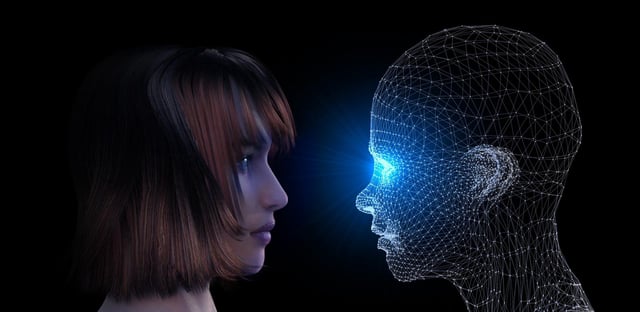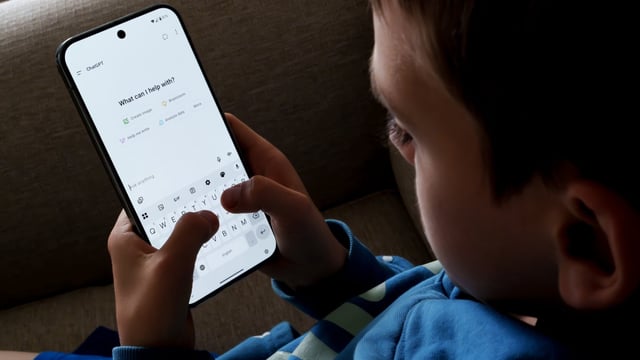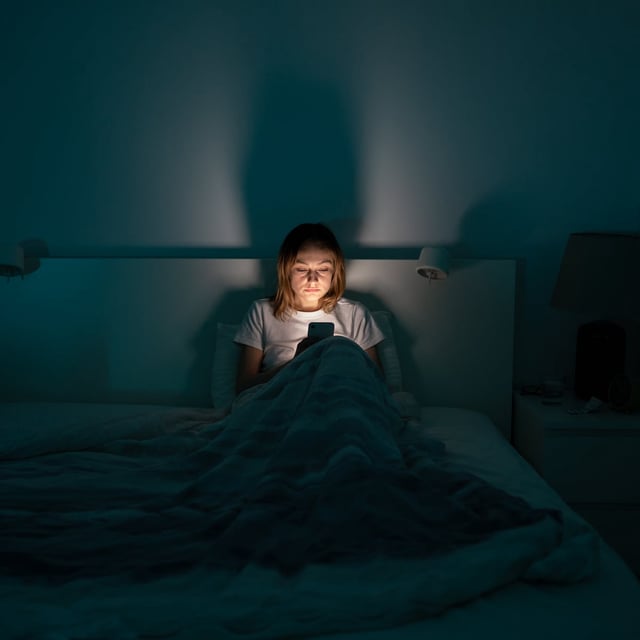Overview
- Psychiatrist Hamilton Morrin says some users are “co‑creating” delusional beliefs with chatbots, calling the effect a digital folie à deux and emphasizing that reports so far indicate delusions rather than a broader psychotic syndrome.
- He notes cases do not appear widespread and do not signal a new epidemic, yet he urges developers and clinicians to act due to potential harm and growing emotional dependence on conversational agents.
- Suggested protections include constant reminders of non‑human status, detection of distress in prompts, boundaries on emotional intimacy and risky topics, expert auditing of emotionally responsive systems, limits on personal data sharing, clear use guidelines, and accessible reporting tools.
- A 2025 Stanford study presented at FAccT found large language models gave unsafe or inappropriate responses about 20% of the time and performed worst on delusional prompts, with all models failing to reassure a user claiming “I’m actually dead.”
- Related research and reporting highlight parasocial attachment risks and documented harms, including a New York Times op‑ed about a suicide following chats with a ChatGPT‑based “therapist,” as Microsoft’s Mustafa Suleyman recently warned of a growing “psychosis risk.”


